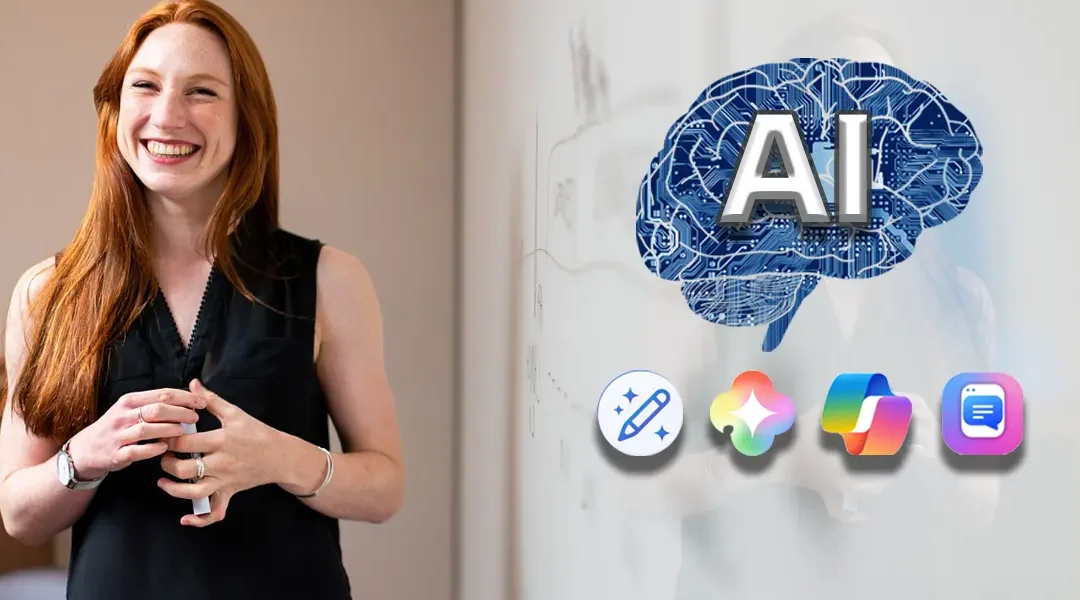
New AI Tools to Discover in 2024
Library expert’s list of new AI tools to explore; benefits and cautions, thoughts on how AI may shape life and work.

Library expert’s list of new AI tools to explore; benefits and cautions, thoughts on how AI may shape life and work.
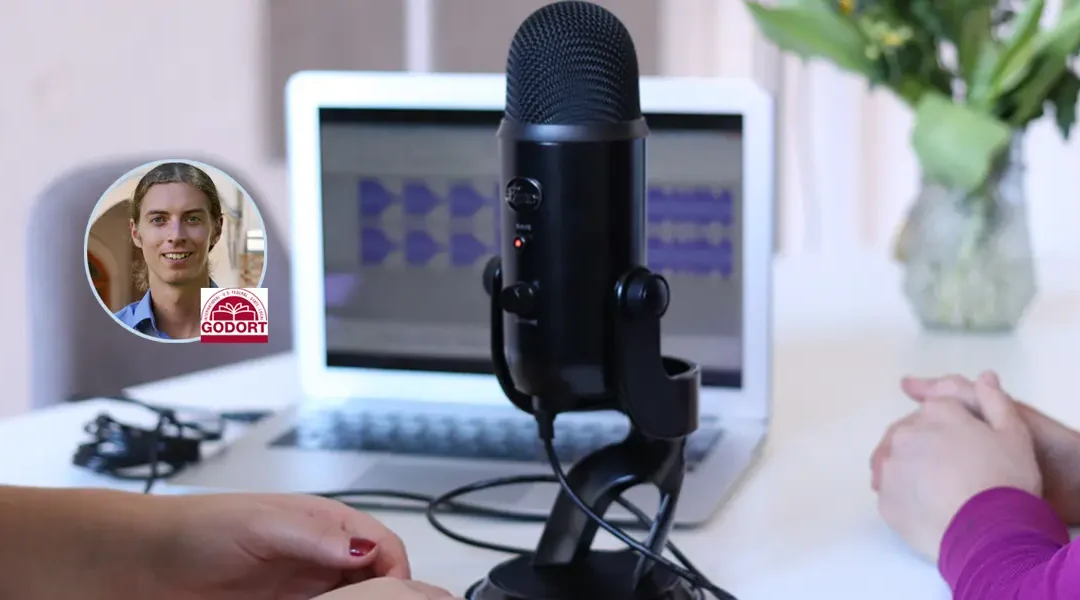
Government Documents Round Table (GODORT) past-Chair Kian Flynn describes its usefulness to government information librarians.

Interview with the Executive Director and President of the Special Libraries Association about the future of SLA and its strategic direction.

Interview with John DiGilio, SLA President 2024, on the current state of special librarianship and the outlook for the Special Libraries Association.

Web Metrics for Library and Information Professionals is an introduction to the wide range of web metrics that provide useful insights to librarians
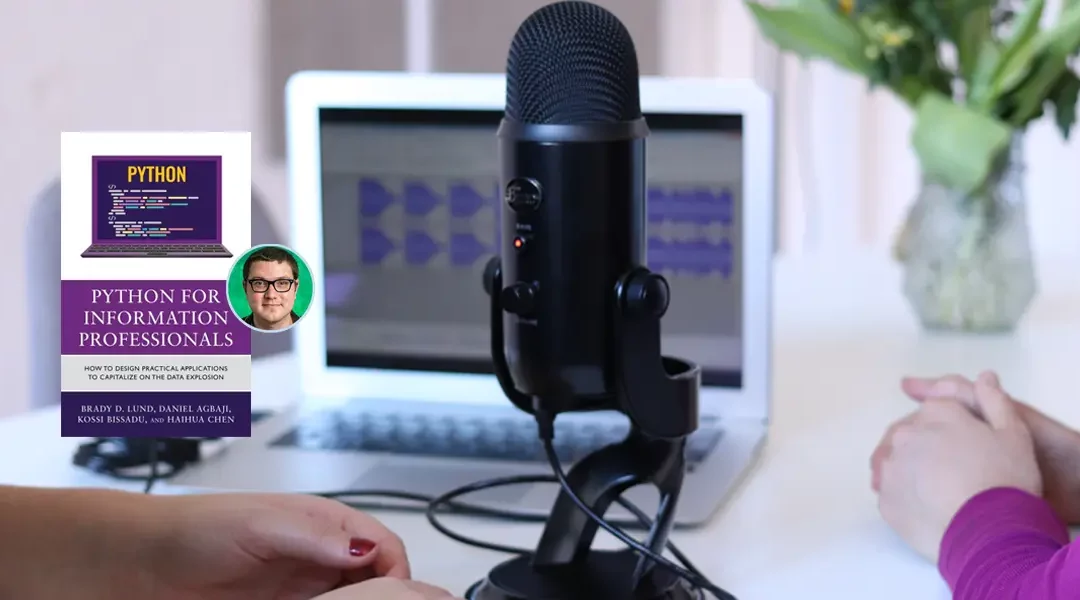
Interview with author of a book about the societal impact and ethics of using Python and data science tools; relevant to special librarians
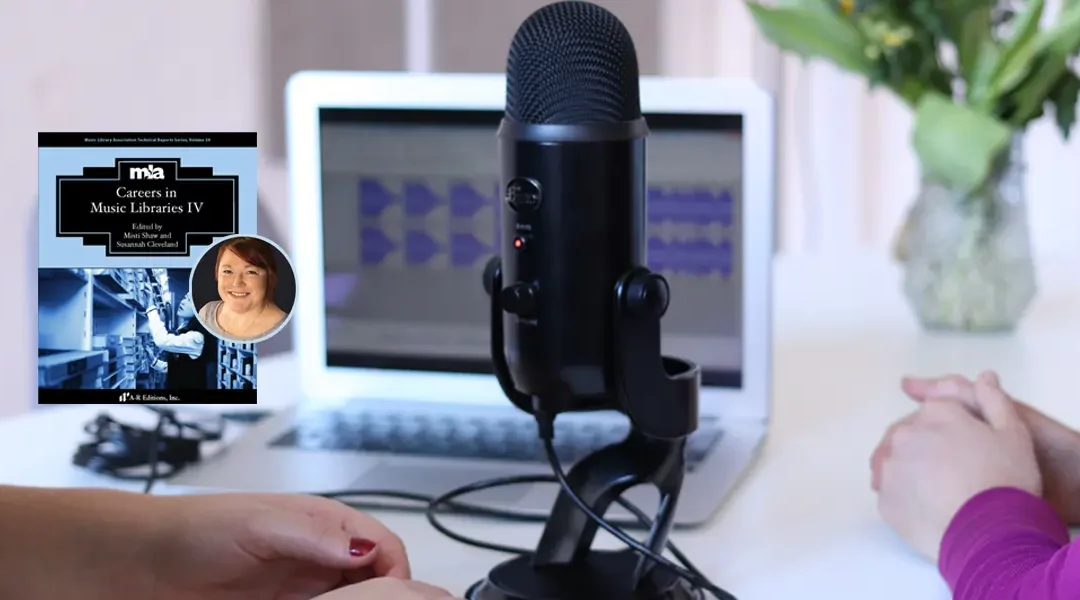
Interview with the co-editor of a book that helps those interested in pursuing music librarianship as a career.
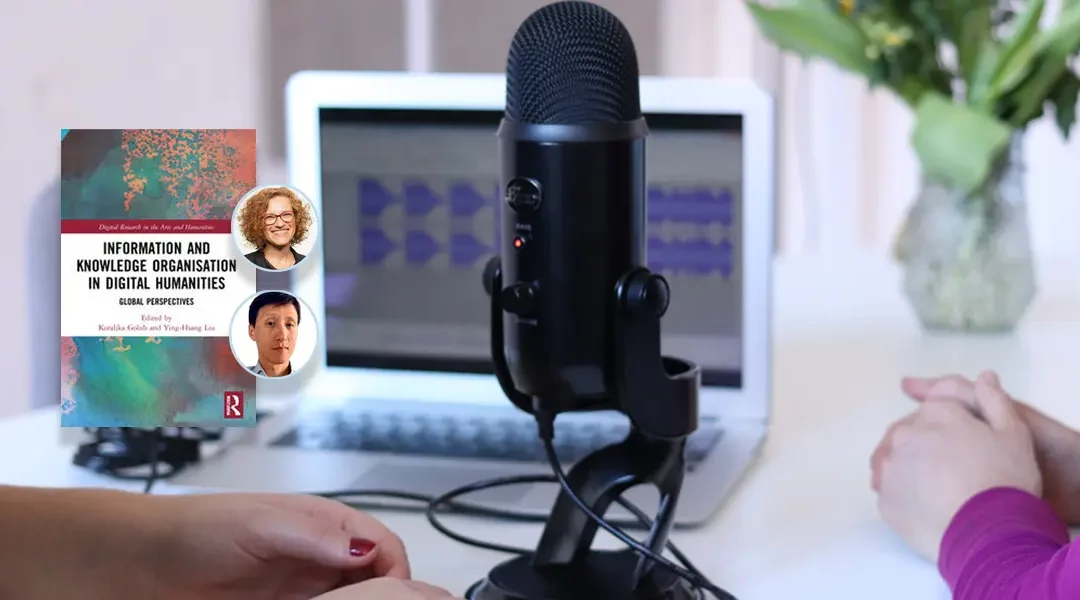
Interview with the editors of a book that explores challenges involved in applying information organization in the various areas of Digital Humanities.

New book for librarians on conducting original research offers detailed research methods and shows how to run and interpret statistical tests.
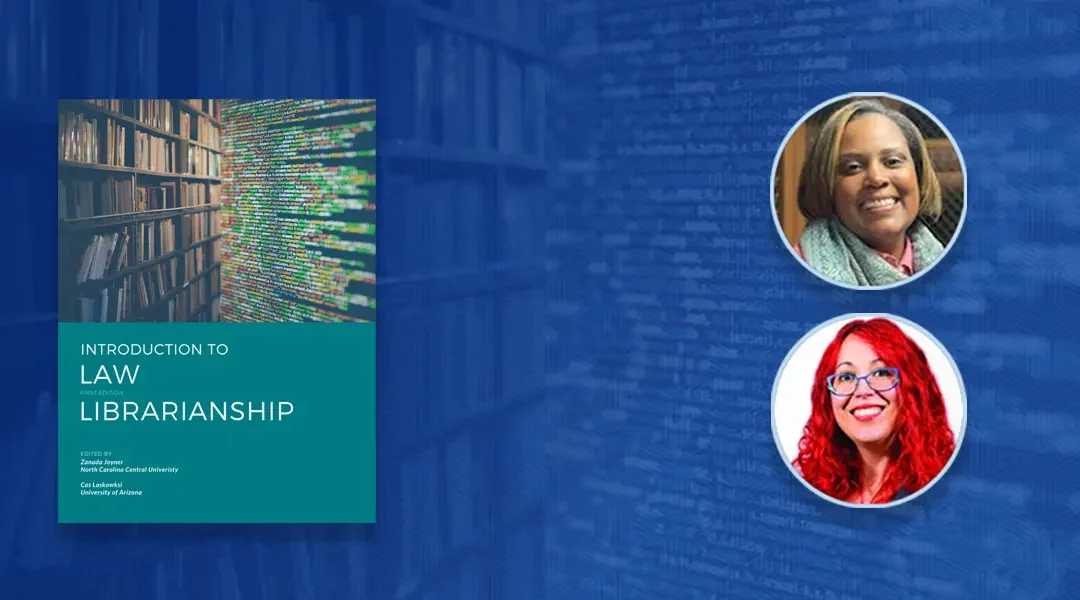
Interview with the editors of Introduction to Law Librarianship, the first and only open source textbook for the profession.
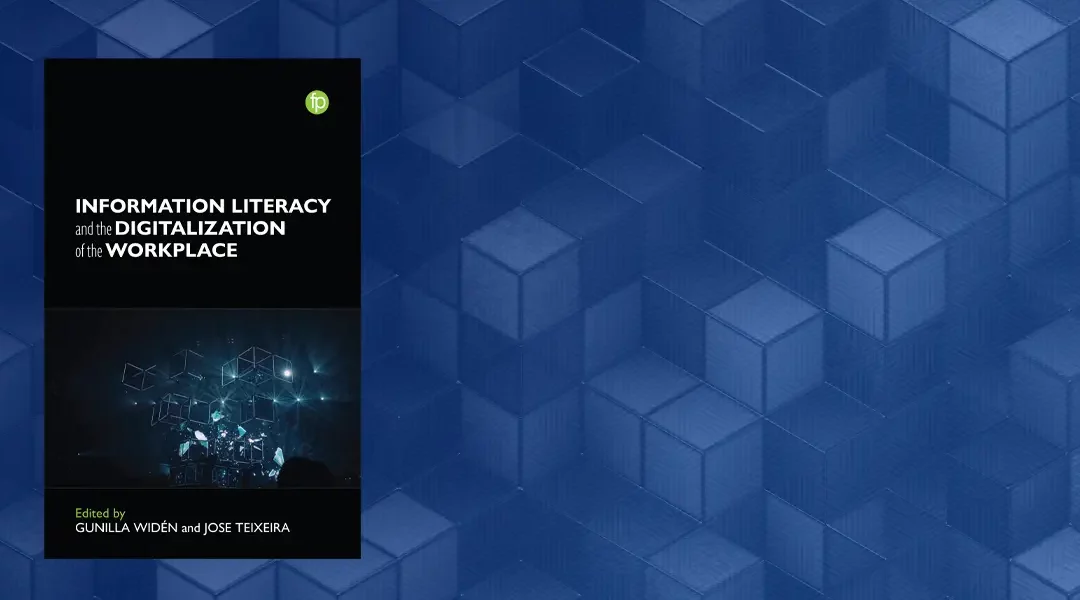
Interview with the editors of a new book that offers insight into information literacy needs in the workplace as technology evolves

Interview with the authors of A History of Medical Libraries and Medical Librarianship, with a view to the future of the profession in the digital era.
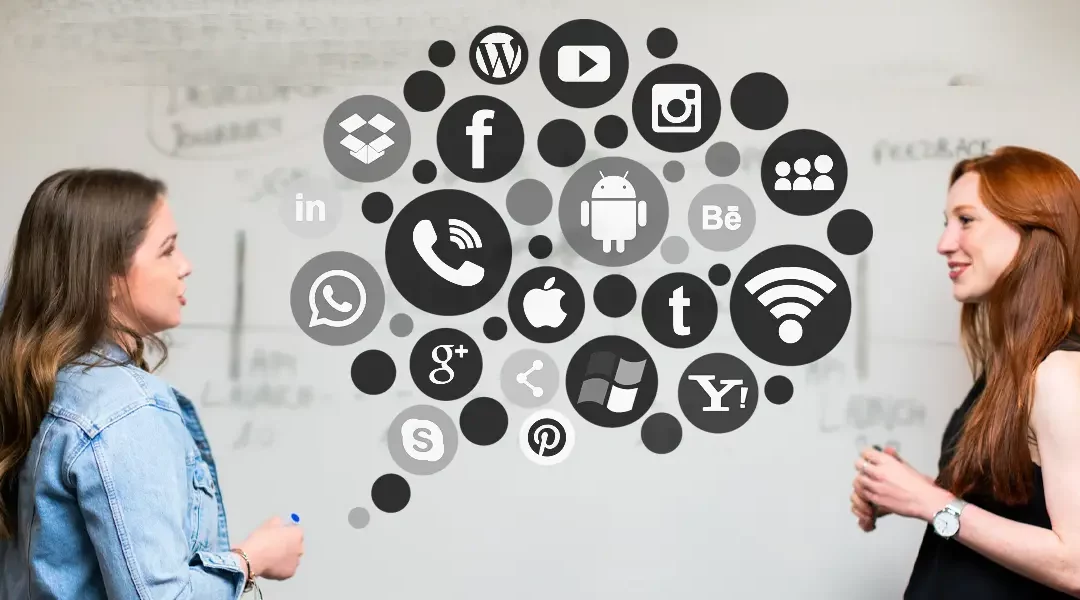
Preferred resources for instructional design in special libraries, from library expert and instructional technology professor Lauren Hays
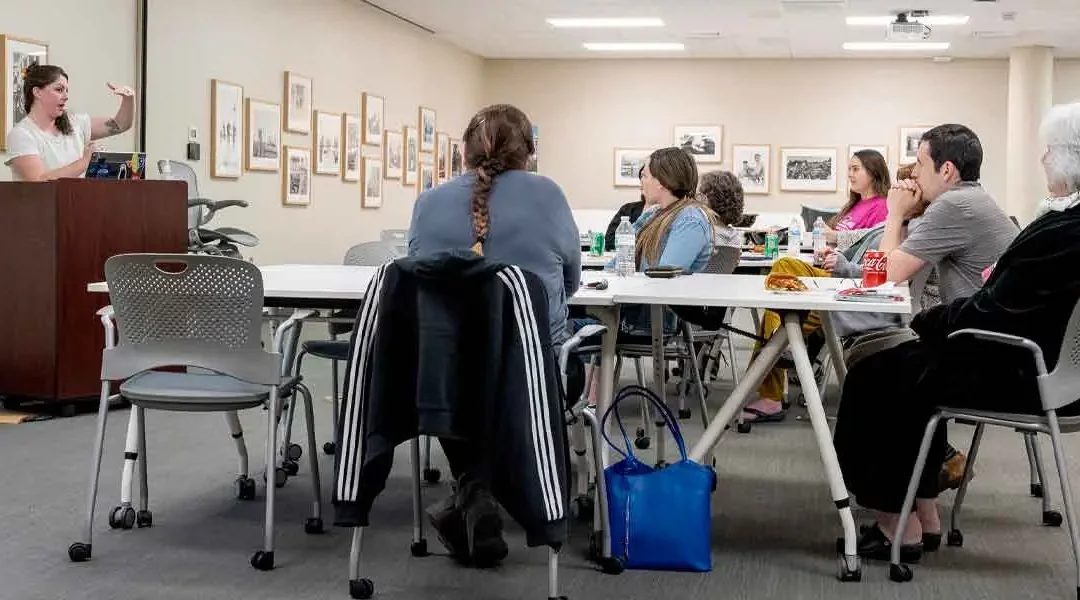
Special librarians create instructional materials, lead workshops and training sessions; it’s important to know about instructional design strategies
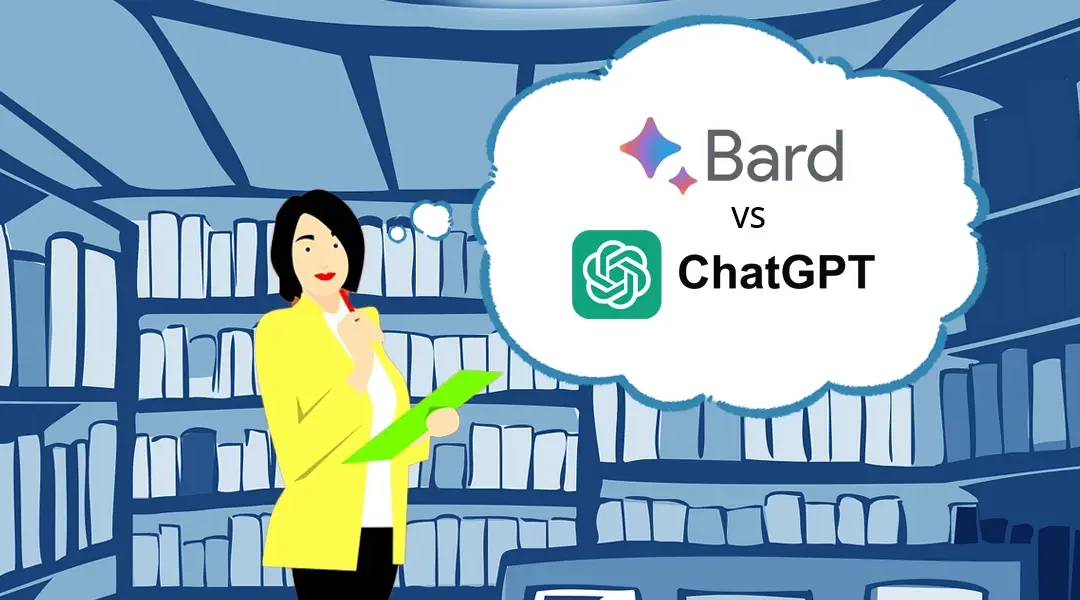
Google Bard and ChatGPT are similar tools, but they have significant differences to be aware of; detailed analysis

Copyright Best Practices includes chapters on fair use, music, images, data mining, and other topics relevant to special libraries and academic ones.
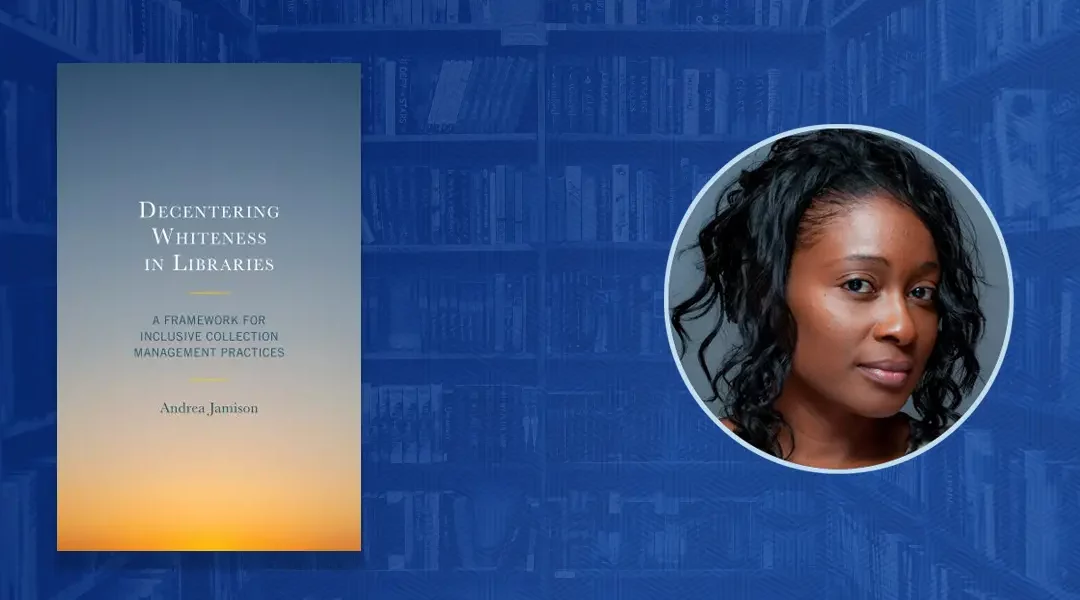
Librarians need to consider whom their collections represent and develop collection management policies to create equitable and inclusive collections

Author interview: Cathryn Copper on The Experimental Library: A Guide to Taking Risks, Failing Forward, and Creating Change
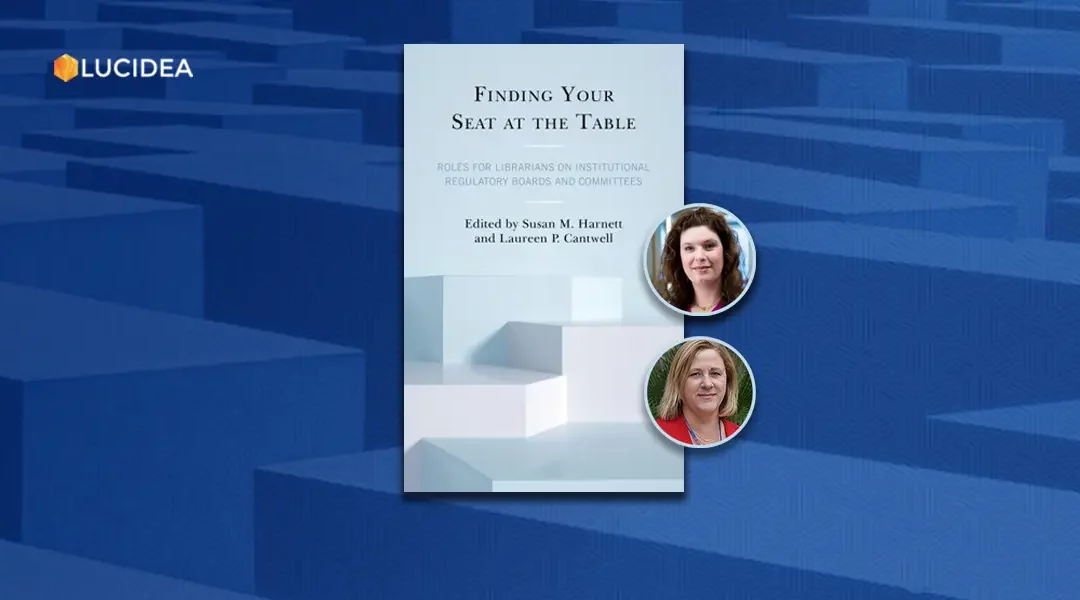
Editor interview: Harnett and Cantwell, Finding Your Seat at the Table: Roles for Librarians on Institutional Regulatory Boards and Committees
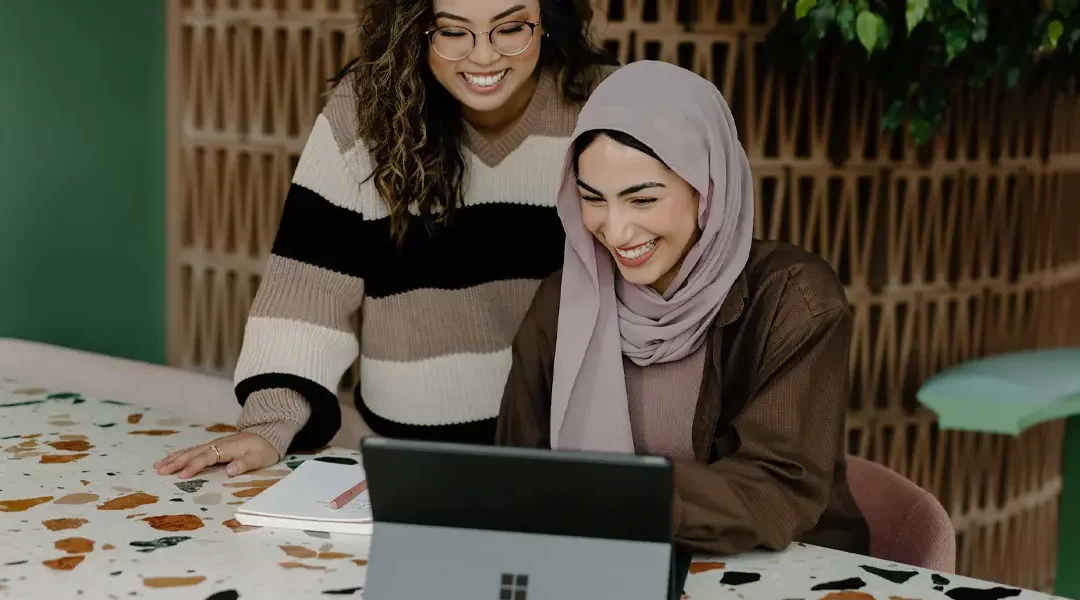
Dr. Lauren Hays shares some of her Fun Productivity and Educational Tools for Librarians as summer fades and the academic year begins
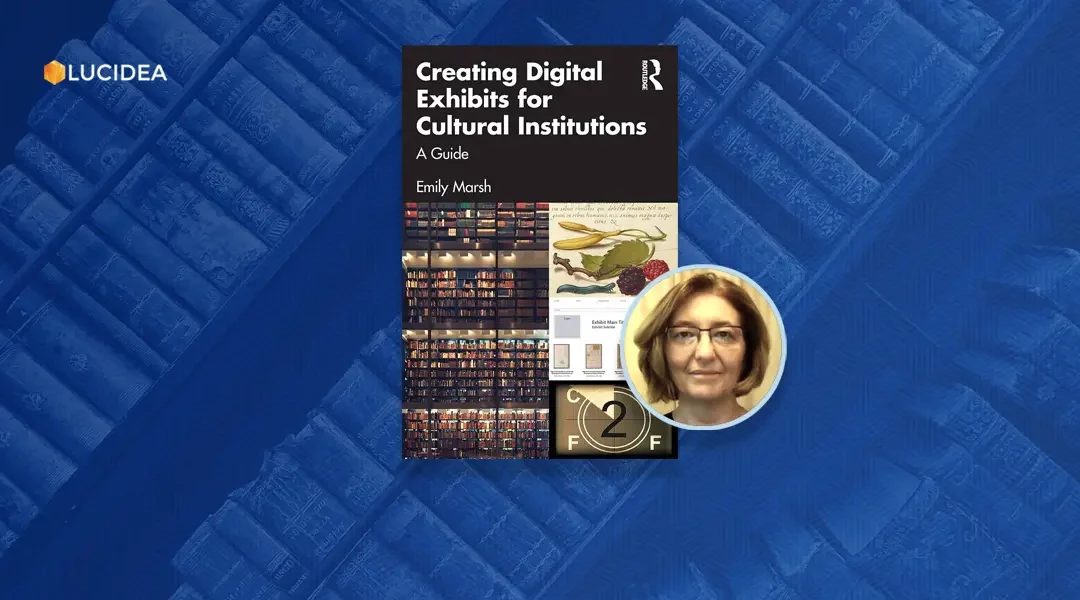
Librarians possess many of the necessary skills and tools for creating exhibits; interview with Emily Marsh, author of Creating Digital Exhibits.
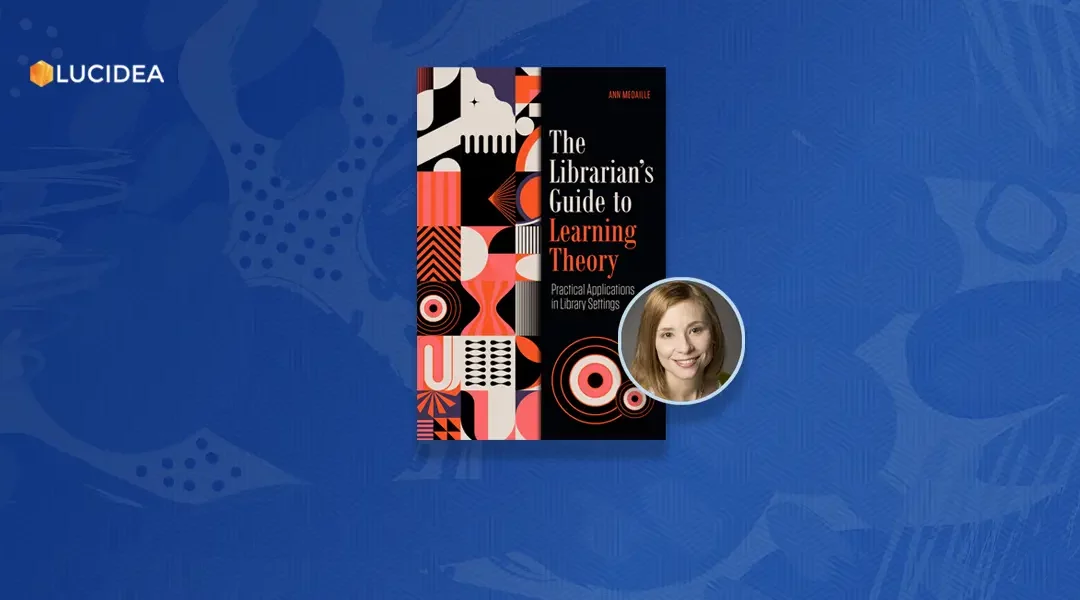
All librarians and information professionals regularly make choices that support better learning; knowing learning theories helps special librarians
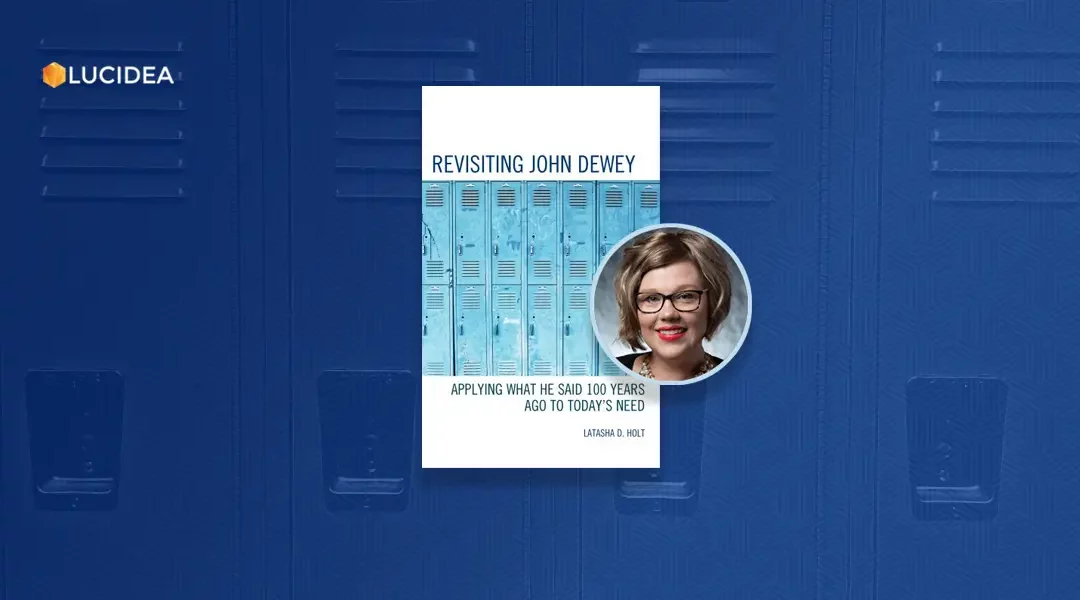
Librarians can get ideas on connecting with our communities as other educators do; revisit John Dewey’s principles
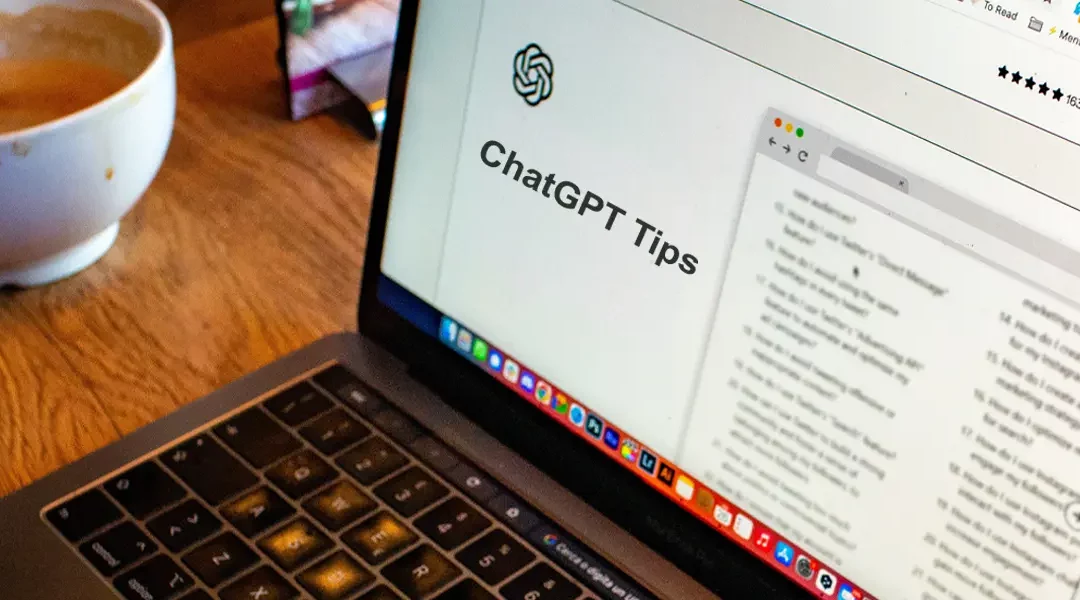
Library instruction expert Dr. Lauren Hays highlights several Chrome extensions and various plugins for librarians to use when exploring ChatGPT
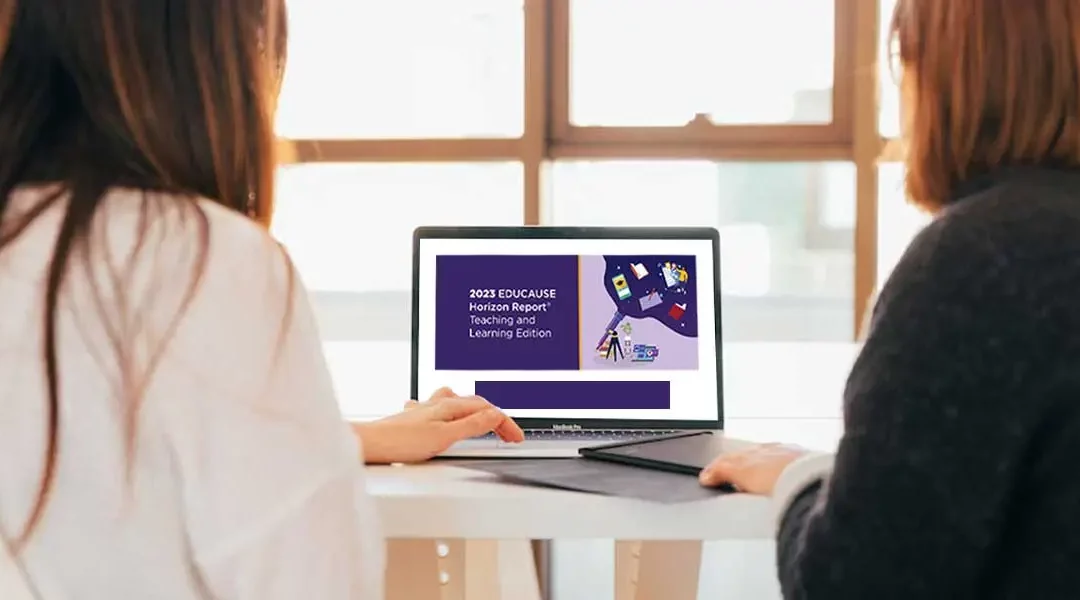
The Horizon Report offers insight into what technology trends we need to be aware of in special libraries where teaching and learning occurs.